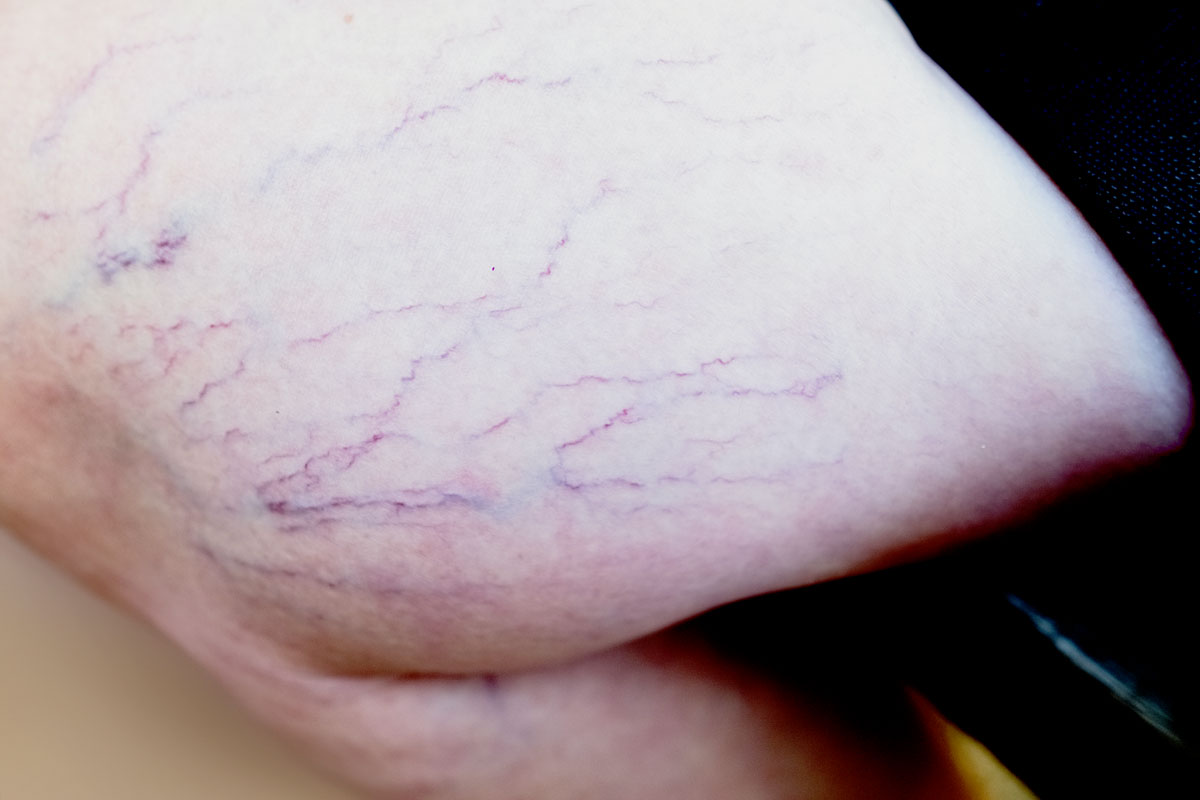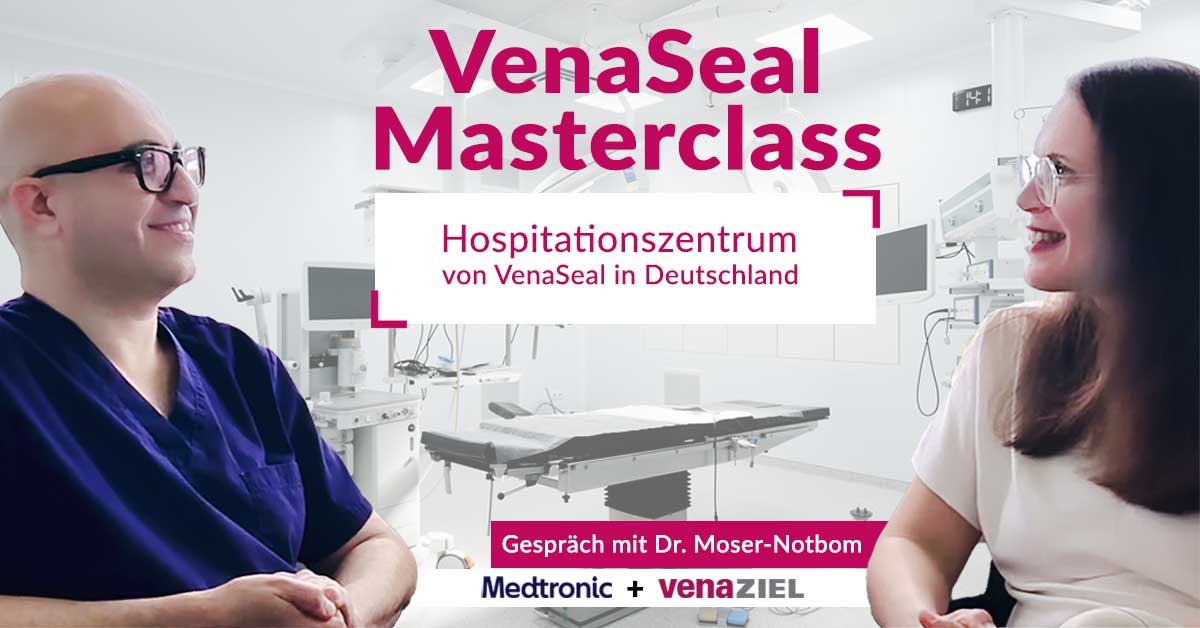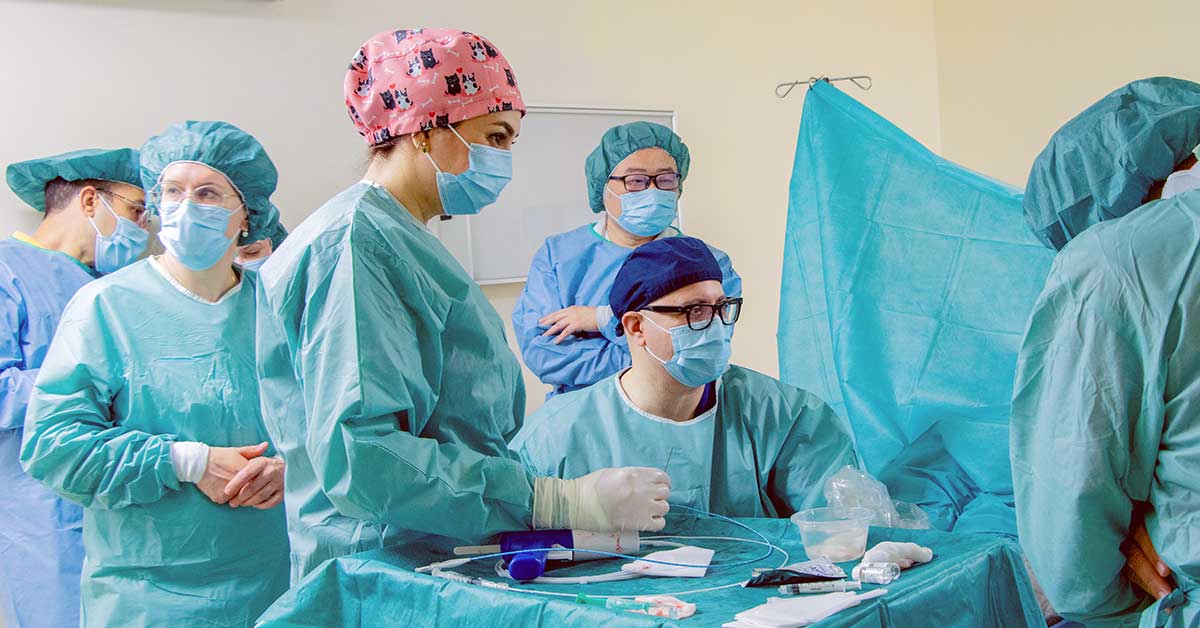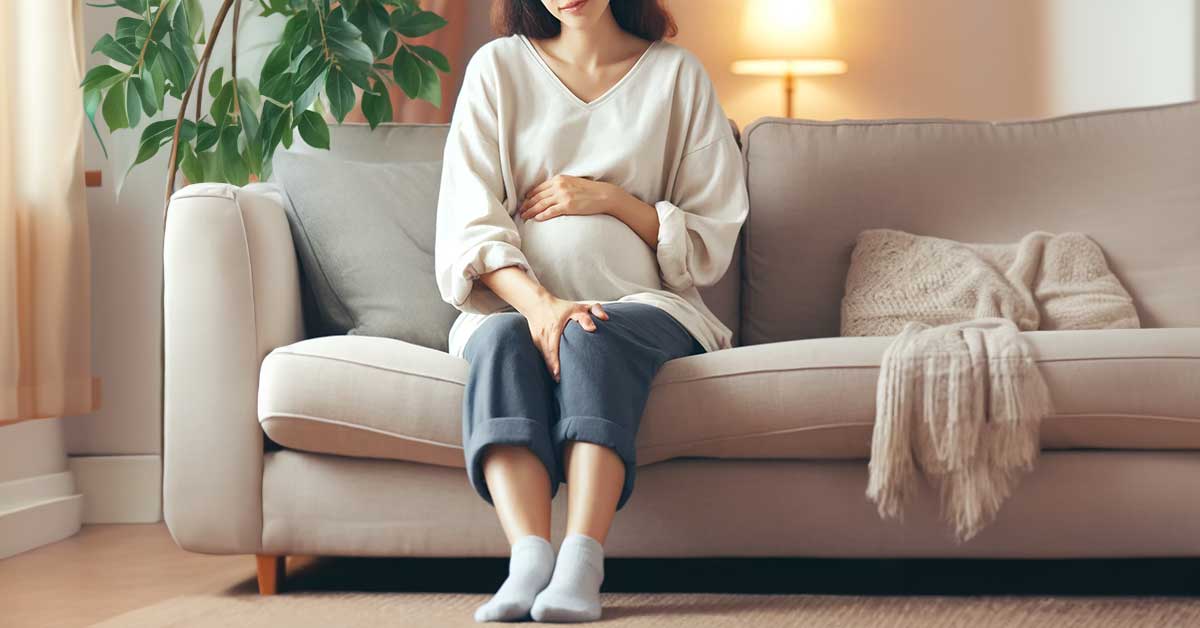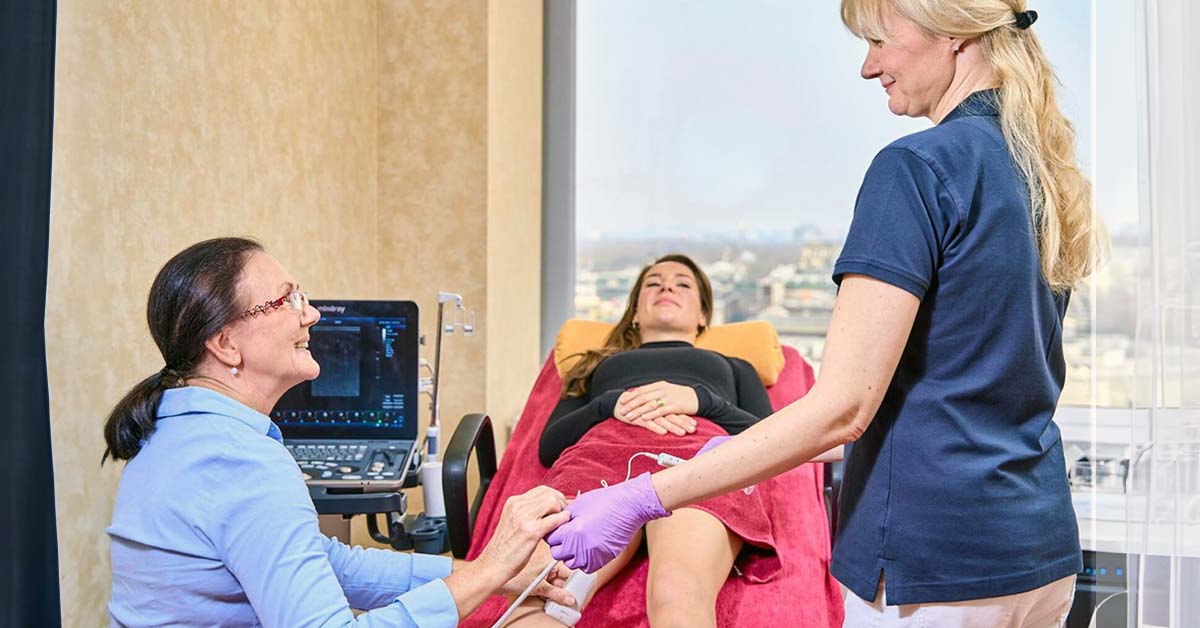Officially recognized
vein competence center
Specializing in varicose veins, spider veins, thrombosis, lipedema treatments and comprehensive vein therapy in Berlin
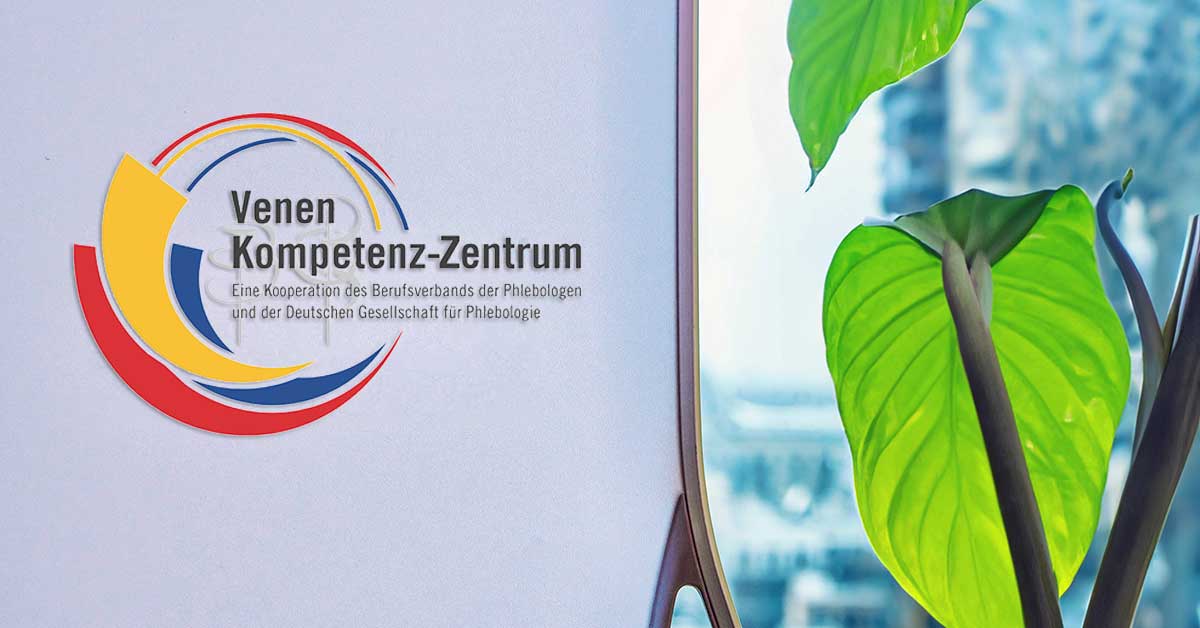
Our locations
Welcome to our modern practices: Discover our centrally located sites in Berlin, where we are at your side with first-class vein therapy and personal care.
VenaZiel MVZ News
Varicose vein removal in Berlin: innovative solutions and expertise at the Vein Center


